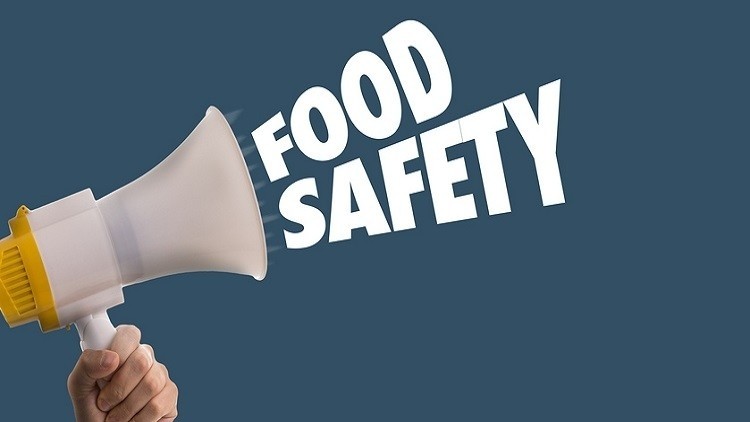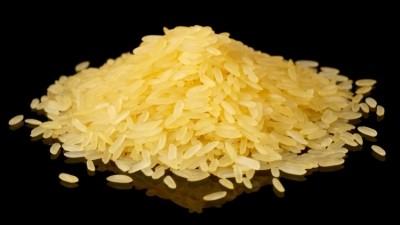Safety First: Thai Union, Mars and UNFAO post-COVID-19 food safety strategies, China and India food fraud and more feature in this round-up

CSI seafood: Thai Union tapping DNA forensics for fish traceability and authentication
Seafood multinational giant Thai Union is using the principles of forensic science to prevent food fraud, leveraging on DNA technologies to provide traceability and authentication for its seafood products.
Seafood is one of the most internationally traded food commodities, and tends to reach consumers only after having passed through convoluted and non-transparent supply chains – according to Thai Union, this exposes seafood to multiple food safety issues, particularly surrounding food fraud.
“Seafood has historically had to grapple with complex and opaque supply chains, which risk exposing it to issues of food fraud. This could take many forms—from dilution, substitution, and concealment, to unapproved enhancement, counterfeit, forgery and mislabelling,” Thai Union Group Innovation Director Dr Tunyawat Kasemsuwan told FoodNavigator-Asia.
Post-pandemic food safety: Mars, UN and Singapore government-backed body on strategies for success
From genomics to big data, and handheld devices to artificial intelligence, the food industry is awash with new innovations to improve food safety, as the sector seeks to assuage heightened consumer concerns in the wake of the COVID-19 pandemic.
This is why in this edition of the FNA Deep Dive, we take a closer look at the food safety sector in the Asia Pacific region, with input from some of the biggest names and most prominent leaders in the sector from global confectionary giant Mars to the United Nations’ Food and Agriculture Organisation (UNFAO).
According to data provided to us by the Mars Global Food Safety Center (GFSC) which is located in China, the results of a survey on over 1,750 respondents showed that over 52% of consumers feel that food safety is a Top Three global issue, and 77% believe it is a Top 10 global issue, highlighting that food safety is an issue consumers are taking very seriously today.
“[Based on the results of a survey we did in 2020 after COVID-19 hit], we found that consumers are thinking about food safety and security just as much as climate change or pollution, which is very significant as these are all really huge topics,” Mars GFSC Director Dr Guangtao Zhang told FoodNavigator-Asia.
Science of safety: Singapore’s Future Ready Food Safety Hub outlines novel foods, agriculture and aquaculture focus
Singapore-based Future Ready Food Safety Hub, known as FRESH, will focus on novel foods, aquaculture and agriculture to support the nation’s food security goals and meet the needs of consumers.
FRESH is a tripartite organisation established in April this year as a joint initiative between Nanyang Technological University (NTU), Singapore Food Agency (SFA) and Agency for Science, Technology and Research (A*STAR). It aims to strengthen Singapore’s food safety ecosystem, support food security goals and enhance collaboration.
In an interview with FoodNavigator-Asia, Dr Benjamin Smith, director of FRESH said one of the biggest challenges in food safety is the complexity of the food supply chain.
With the ongoing pandemic, it only puts more pressure on the supply chain with resources strained, scarcity of food, and potential for food fraud because less food is coming in.
Food oil fraud: China issues warning about adulterated and blended sesame oils
The Chinese government has published new consumer guidelines focused on sesame oil, in which consumers have been warned to look out for adulterated or blended products over fears of food safety issues.
The guidelines were published by China’s State Administration for Market Regulation (SAMR), calling upon consumers to pay more attention to food labels when making sesame oil purchases.
“Sesame oil is one of the most traditional edible oils used in China which is highly popular with consumers due to its a strong fragrance – these guidelines have been issued in order to ensure that consumers are able to safely purchase this based on scientific principles,” said SAMR via a formal statement.
“It is first important to read the nutritional labels when buying sesame oil – to be called sesame oil, the main ingredient should be sesame and sesame only, not including any other type of oil or vegetable oil. All others should not be labelled as sesame oil.
COVID-19 exploitation: Alcohol in India tops 2020 list of most-counterfeited product cases as criminals cash-in on crisis
Alcohol has emerged as the sector with the largest number of counterfeit cases in India in 2020, with experts attributing this to a lack of enforcement as well as high profits available for counterfeiters during the COVID-19 crisis.
According to The State of Counterfeiting in India – 2021 report published by the Authentication Solution Providers’ Association (ASPA), overall counterfeiting incidents in India rose by 17% year-on-year.
Leading the pack this year was alcohol counterfeits (covering adulteration, fraud, trademark infringement and any other form of attempts to copy a product), which topped the list of counterfeit cases that took place in India across 2020 with 138 cases reported in the 12 months from January to December, a 34% increase year-on-year from 103 cases reported in 2019.
“Alcohol is particularly prone to being targeted for counterfeiting in India because its is a high demand products, whether this be cheap or branded forms of alcohol, [and] the unique situation that the COVID-19 crisis created [resulted] in a mismatch of demand and supply,” ASPA Secretary Chander Shekhar Jeena told FoodNavigator-Asia.












